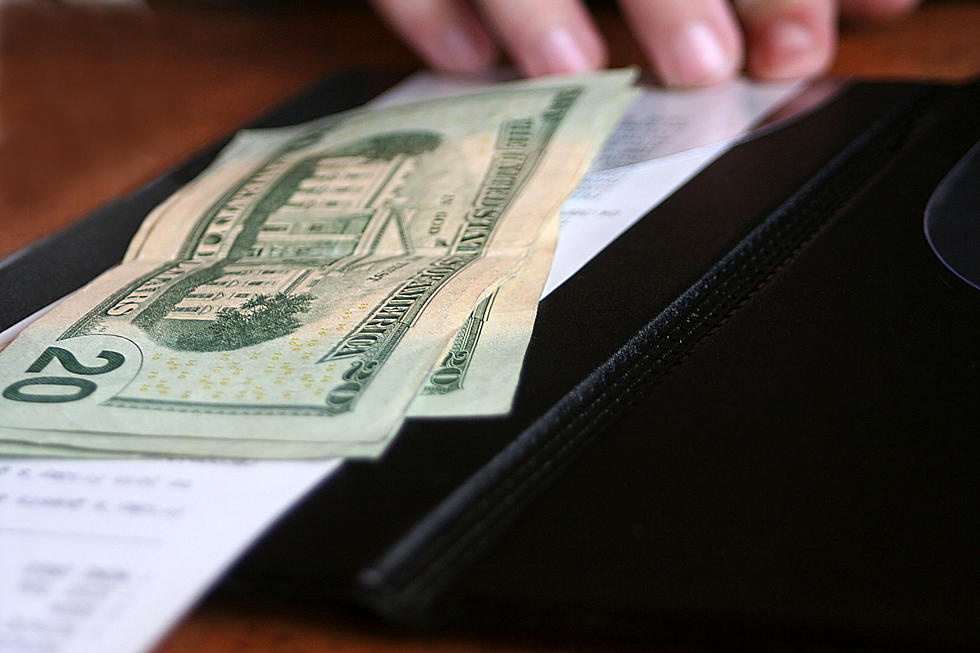
The Pros and Cons of Raising the Minimum Wage
The debate on whether or not to raise the minimum wage to $15 an hour has been going on now for years. But a bill has failed to pass both houses of Congress to make it the law of the land. Now, the Biden Administration has the minimum wage hike as part of it's latest coronavirus relief package that Democrats could end up ramming through Congress and making law. So what are the pros and the cons of raising the minimum wage to $15 an hour?
Lets first take a look at some positives. By raising the minimum wage to $15 an hour you would improve the standard of living for minimum wage workers by providing them with an income level to better handle cost of living increases, according to Investopedia. A 2019 CBO report reported that raising the minimum wage would provide a significant improvement in standard of living for some 17 million people, including 1.3 million citizens being raised above the poverty line. Experts say that would then reduce the burden of government programs providing assistance for those in financial hardship.
Intangible benefits also exist when talking about raising the minimum wage. One, is worker morale. Many managers say they have a hard time motivating low earning workers to put in maximum effort. It's especially tough in jobs where the workers don't earn enough to keep them out of poverty. Higher wages could lead to higher morale, which could lead to higher rates of worker retention.
The other benefit from a raised minimum wage is more money. More money in the pockets of workers means more money flowing into the economy.

It all sounds so positive doesn't it? But there are some real questions about what negative effects raising the minimum wage would have on our economy. The most obvious being if you raise wages, businesses will have to recoup those costs somewhere, thus raising their prices leading to nationwide inflation. According to Investopedia, raising the minimum wage would raise salaries across the board. That would increase operating expenses for businesses who would then increase the cost of their products.
Another big problem is a large projected job loss. The 2019 CBO reported that raising the minimum wage to $15 an hour would result in the loss of 1.3 million jobs. That number could rise significantly if companies also decide to outsource jobs too. Another negative side effect would be overqualified workers taking up all the minimum wage jobs that would normally go to younger and inexperienced workers. This could impede younger workers from starting their careers and gaining necessary experience.
Do the positives outweigh the negatives? We might want to start studying the ramifications because $15 an hour could be a reality soon.
Here are 50 of your favorite retail chains that no longer exist.
More From 98.1 KHAK









